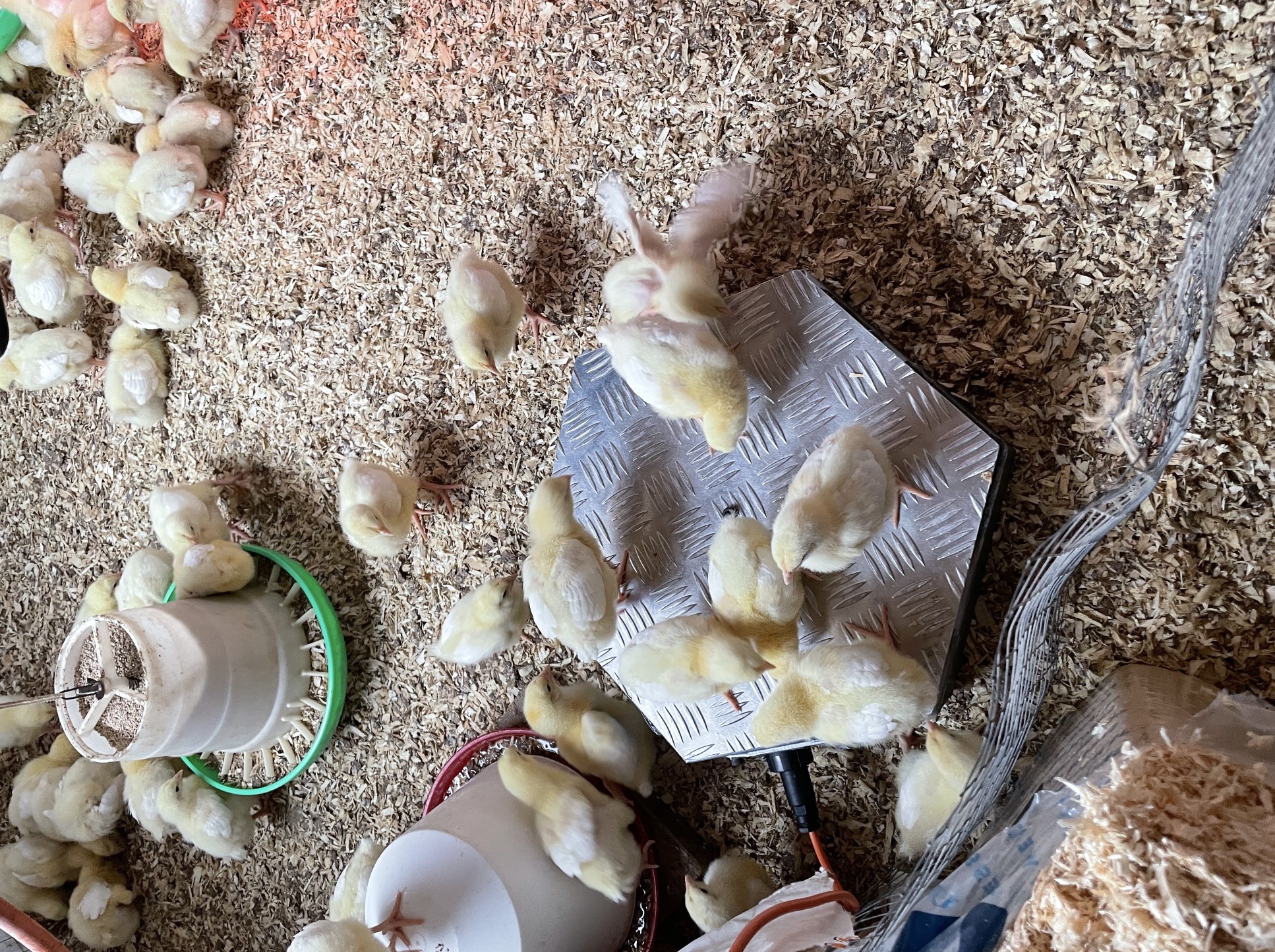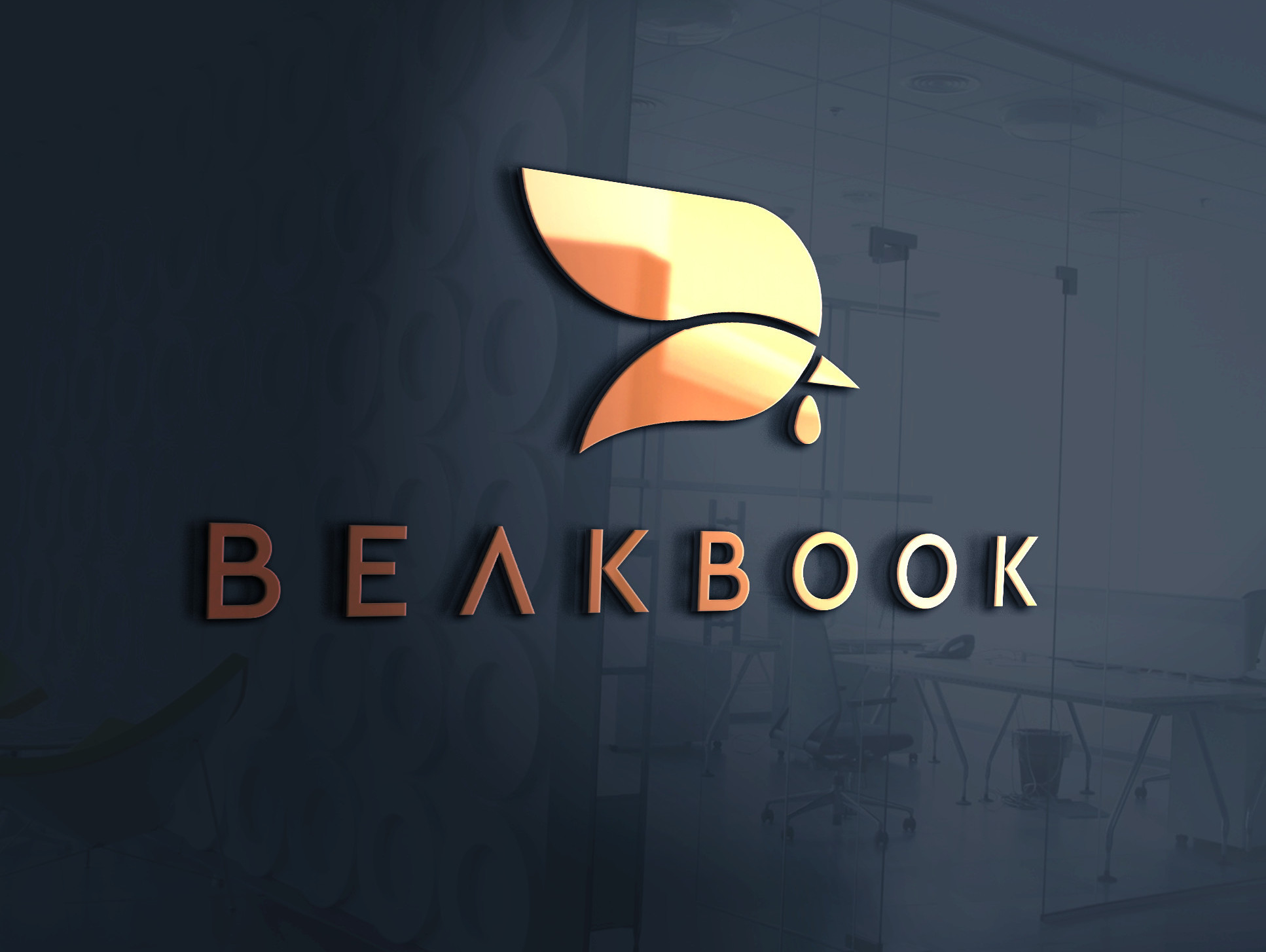Mechanical Engineering student wins agri-tech grant for start-up company

Giovanni dos Reis Montefiori
Giovanni dos Reis Montefiori received a £60k grant and fully funded pilot from Japfa’s “Feed the Future Challenge” for his start-up Beakbook.
Giovanni competed in five judging rounds of the competition during final year exams, alongside his Imperial co-founders, Noe Guisset and Ramon Jutaviriya. Japfa is a leading pan-Asian agri-food conglomerate, and the prize gives the winners the opportunity to execute a fully-funded pilot at the company’s state-of-the-art farms in Indonesia.
Giovanni says he founded Beakbook "to be a driving force for the next generation of technologies in agriculture and to create a positive impact for humanity and our planet. In the context of humanity’s growing protein needs, we need to be able to expand livestock farming. However, conventional farmers do not have all the tools they need to farm sustainably. They operate without consistent objective information about the health of their animals or the environment they grow in, and constantly have to manage challenges from diseases like avian flu and stress from manhandling."

"This lack of information leads to inefficient feeding behaviours, which is costly both for the farmers and the environment. Helping livestock farmers find environmentally friendly ways to run and grow their operations could prove critical, both for feeding humanity and protecting the health of the planet.”
As a first-year Mechanical Engineering student, Giovanni pursued a summer internship at a poultry farm in Myanmar to learn how animals are raised and what role technology could play in empowering farmers. He found out that current agri-tech tools are plagued by reliability issues, which only increases “techno-scepticism” amongst farmers, and that humans are vastly outnumbered by farm animals. Giovanni saw an opportunity for recent breakthroughs in IoT (Internet of Things) sensors and machine learning to unlock the possibility of highly robust automation technology.
Beakbook grew from one student into a diverse group with backgrounds in farming, engineering, machine learning and strategy from the UK's leading research institutions and companies. The team have built a novel IoT data pipeline, for broad applications within the farming industry, from apiculture to poultry.

The upcoming pilot in Indonesia will focus on the validation of Beakbook’s A-Z weight monitoring system for chickens, which increases the amount of weight-data collected by over 33-fold, translating into an expected 11 pence saving per broiler as a result of more efficient farm management. This 7% decrease in production costs represents breathing room for farmers and a tangible step towards carbon neutrality. The pilot will also validate Beakbook’s other tools, such as weight prediction and anomaly detection, with the long-term vision of creating a digital twin for chicken flocks.
“Humans will be eating meat for many generations to come and as engineers we have a duty to apply technology to address the alarming environmental cost of this habit”, Giovanni says. “Specifically, agriculture is responsible for 10-12% of greenhouse gas emissions, with nearly three quarters attributable to meat, poultry, and dairy farming.”
Article text (excluding photos or graphics) © Imperial College London.
Photos and graphics subject to third party copyright used with permission or © Imperial College London.
Reporter
Press Office
Communications and Public Affairs
- Email: press.office@imperial.ac.uk
